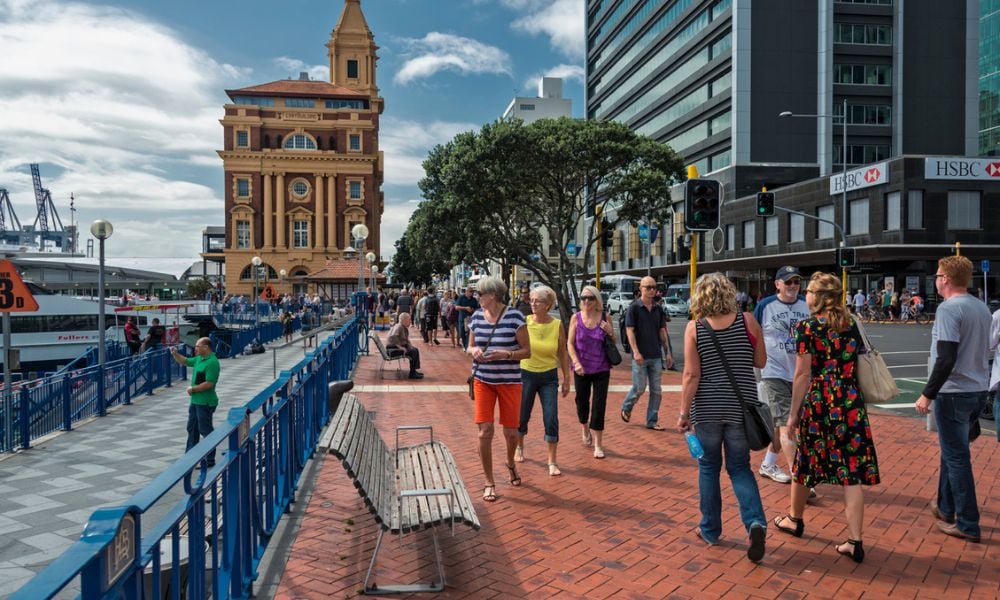
Government report shows gender strongly affecting average workdays

In the wake of emerging flexible work arrangements, the eight-hour workday remained the most dominant schedule among employees in New Zealand.
Data from the latest Household Labour Force Survey revealed that nearly 680,000 employees (48%) are working 40 hours a week over five days, according to Stats NZ.
More than 108,000 are working 45-hour weeks over five days, which means they get a nine-hour workday.
On the other hand, only 74,300 employees are working 50-hour weeks over five days (10-hour workdays), while 52,600 are working 30 hours per week (6-hour workdays).
On average, employees worked an average of 37 hours per week in the June 2023 quarter. Employers, however, worked a longer 44 hours per week.
The dominance of eight-hour workdays come despite the growing popularity of alternative work arrangements, such as compressed work weeks, in New Zealand and the world as employees put more priority on their work-life balance.
Local employers, such as Perpetual Guardian, Unilever NZ, and Cassia, have been implementing four-day work week scheme over the past years in response to this strong demand.
According to Stats NZ, one prominent factor impacting the average hours in New Zealand is gender.
"Usual weekly hours are very much shaped by the proportion of men and women employed and changes in how men and women are employed over time," said labour market manager Malak Shafik in a media release.
According to Stats NZ, women's increasing labour force participation partially drove the number of people who were working less than 40 hours per week.
The proportion of both men and women working exactly 40 hours in a week has also been on the rise, said Shafik.
"Since the June 2000 quarter, the proportion of men working more than 40 hours per week fell from 48% to 35%, and the proportion of women working less than 40 hours fell from 56% to 52%," Shafik added.